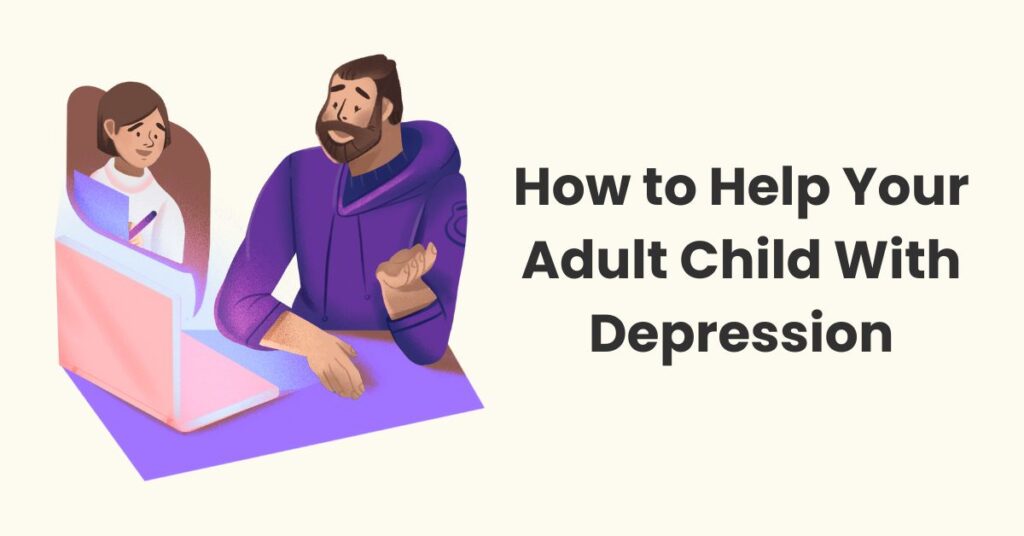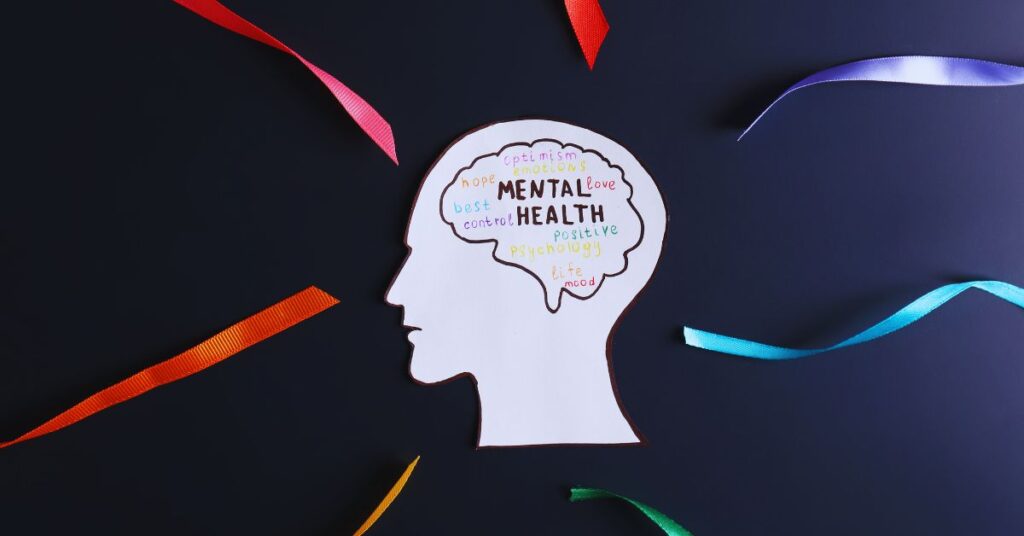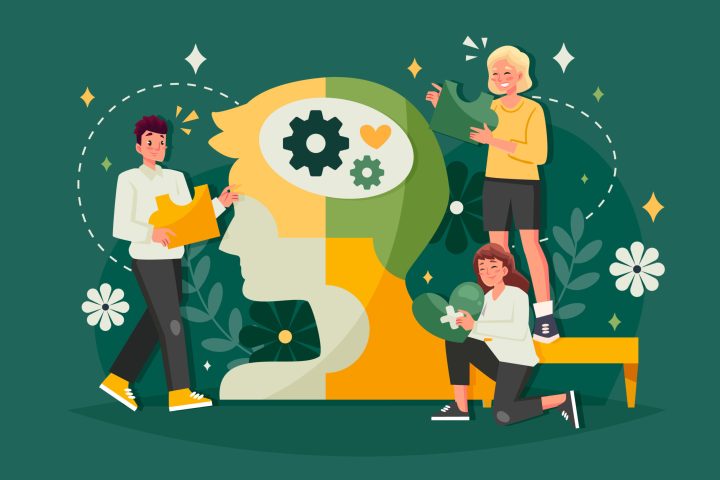Depression is a common issue. It can affect anyone, including adults. If your adult child is facing depression, it is important to know how to help. This guide will provide you with steps to support your child.
Topic of Contents
ToggleUnderstanding Depression
First, it is important to understand depression. Depression is a mental health condition. It is more than just feeling sad. It can affect a person’s thoughts, feelings, and actions. Depression can make everyday tasks hard to complete.
Signs Of Depression
Recognizing the signs of depression is the first step. Here are some common signs:
- Feeling sad or empty
- Loss of interest in activities
- Changes in appetite or weight
- Sleep problems
- Feeling tired or having low energy
- Feeling worthless or guilty
- Difficulty thinking or making decisions
- Thoughts of death or suicide
If your child shows these signs, they may be dealing with depression. It is important to take action.
How to Offer Support
Supporting your child can make a big difference. Here are some ways to help:
Listen Without Judging
Listening is the first step. Let your child talk about their feelings. Do not judge or interrupt. Show that you care and understand.
Encourage Professional Help
Depression often needs professional help. Encourage your child to see a doctor or therapist. They can provide treatment and support.
Be There For Them
Your presence can help. Spend time with your child. Do activities they enjoy. Let them know they are not alone.
Help With Daily Tasks
Depression can make daily tasks hard. Offer to help with chores, cooking, or errands. This can reduce their stress.
Seek Professional Help
Professional help is important for treating depression. Here are some options:
Therapy
Therapy can help your child talk about their feelings. It can teach them ways to cope with depression. Common types of therapy include:
- Cognitive Behavioral Therapy (CBT)
- Interpersonal Therapy (IPT)
- Psychodynamic Therapy
Medication
Doctors may prescribe medication to help with depression. These medications can balance chemicals in the brain. It is important to follow the doctor’s instructions.
Support Groups
Support groups can connect your child with others facing the same issues. These groups provide a safe space to share experiences and advice.
Take Care of Yourself
Supporting a child with depression can be hard. It is important to take care of yourself too. Here are some tips:
Set Boundaries
It is important to set boundaries. Make sure you have time for yourself. This will help you stay strong for your child.
Seek Support
Talk to friends or family about your feelings. You can also join a support group for parents. Sharing your experiences can help.
Practice Self-care
Make time for activities you enjoy. This can help you relax and recharge. Remember, you cannot help your child if you are not well.
Frequently Asked Questions
How Can I Support My Adult Child With Depression?
Listen, be patient, and show empathy. Encourage professional help.
What Are The Symptoms Of Depression In Adults?
Persistent sadness, loss of interest, and fatigue. Changes in sleep and appetite.
Should I Talk About Depression Directly?
Yes, be open. Ask how they feel. Show your support.
Can Exercise Help With Depression?
Yes, regular physical activity can improve mood. It releases endorphins.
Conclusion
Helping your adult child with depression is important. Understand the signs. Offer support. Encourage professional help. Take care of yourself. Your support can make a big difference. Remember, you are not alone. There are resources and people who can help you and your child.







